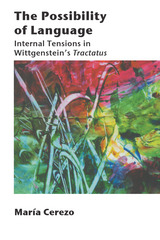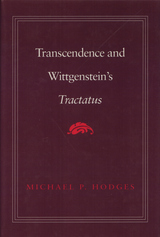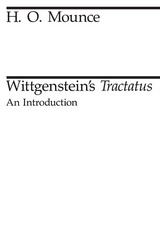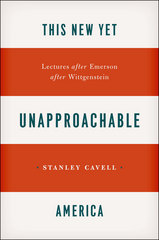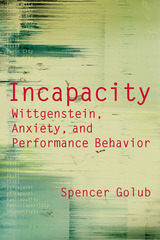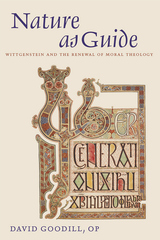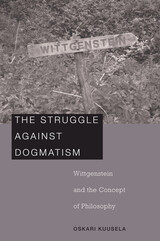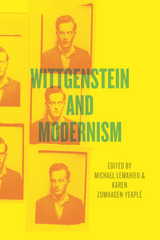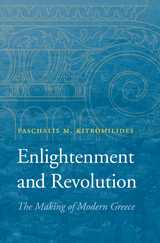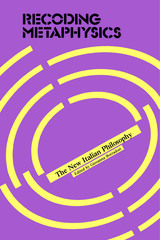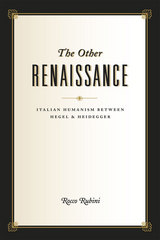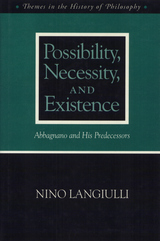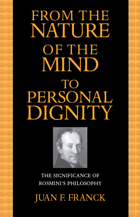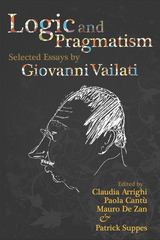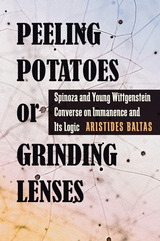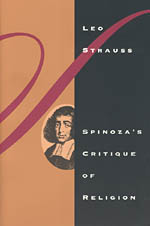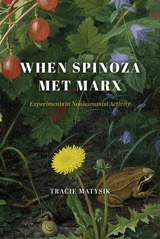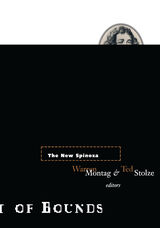Logic and Sin in the Writings of Ludwig Wittgenstein
University of Chicago Press, 1992
Paper: 978-0-226-75302-7 | Cloth: 978-0-226-75301-0
Library of Congress Classification B3376.W564S524 1993
Dewey Decimal Classification 192
Paper: 978-0-226-75302-7 | Cloth: 978-0-226-75301-0
Library of Congress Classification B3376.W564S524 1993
Dewey Decimal Classification 192
ABOUT THIS BOOK | TOC
ABOUT THIS BOOK
Philip R. Shields shows that ethical and religious concerns inform even the most technical writings on logic and language, and that, for Wittgenstein, the need to establish clear limitations is both a logical and an ethical demand. Rather than merely saying specific things about theology and religion, major texts from the Tractatus to the Philosophical Investigations express their fundamentally religious nature by showing that there are powers which bear down upon and sustain us. Shields finds a religious view of the world at the very heart of Wittgenstein's philosophy.
"Shields argues that the appearance throughout Wittgenstein's writings of such concepts as ritual, limit, transgression, a change of will, pride, temptation, and judgment implies a relation between religion and the logical aspects of Wittgenstein's philosophy."—Choice
"Of the many recent books about Wittgenstein, Logic and Sin is one of the very few that are well worth having"—Fergus Kerr, Modern Theology
"What Shields has uncovered in Wittgenstein's religious sensibility is something genuine and profound. . . . Shields has not just written an important book on Wittgenstein but an enlightening work that invites further reflection."—Eric O. Springsted, Cross Currents
"Shields argues that the appearance throughout Wittgenstein's writings of such concepts as ritual, limit, transgression, a change of will, pride, temptation, and judgment implies a relation between religion and the logical aspects of Wittgenstein's philosophy."—Choice
"Of the many recent books about Wittgenstein, Logic and Sin is one of the very few that are well worth having"—Fergus Kerr, Modern Theology
"What Shields has uncovered in Wittgenstein's religious sensibility is something genuine and profound. . . . Shields has not just written an important book on Wittgenstein but an enlightening work that invites further reflection."—Eric O. Springsted, Cross Currents
See other books on: 1889-1951 | History of doctrines | Logic | Wittgenstein, Ludwig | Writings
See other titles from University of Chicago Press

